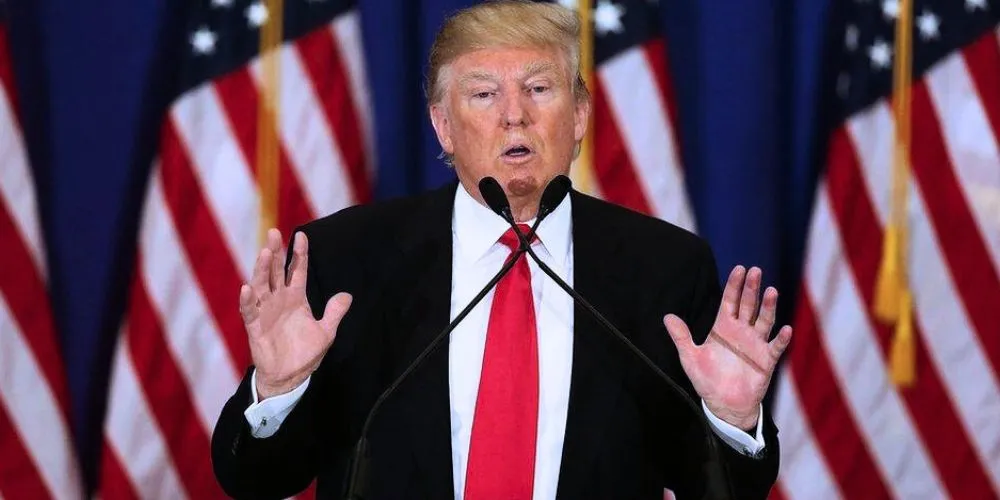Key Points
- U.S. stock markets rallied post-election, but tariff threats raised economic concerns.
- Economists project global trade shrinkage and reduced U.S. growth if tariffs are enacted.
- Retail, industrial, and materials sectors are highly vulnerable to tariff impacts. Retaliatory tariffs could exacerbate earnings declines and inflationary pressures.
- Historical data shows defensive sectors outperform during trade conflicts. Trump’s focus on market performance may moderate extreme tariff measures.
The U.S. stock market responded positively to Donald Trump’s victory in the 2024 presidential election, but concerns are brewing over potential economic turbulence if he enforces his tariff threats. Trump’s recent comments about imposing tariffs on China, Canada, Mexico, and other trading partners have raised uncertainty about his administration’s trade policies. These threats could serve as negotiating tools or have significant economic consequences if enacted.
According to Oxford Economics, economists warn that such tariffs could shrink global trade by as much as 10% and slow U.S. economic growth by 1%. Retail, industrial, and materials sectors, which depend heavily on international supply chains, are particularly vulnerable. Barclays estimated that the proposed tariffs and retaliatory actions could reduce S&P 500 earnings by 2.8%, with double-digit earnings declines in materials and consumer discretionary sectors.
Retaliatory tariffs could exacerbate these effects. For instance, BofA Global Research predicts a 1% hit to S&P 500 earnings, and if tariffs on China double to 40%, the earnings hit would rise to 5% if global retaliation occurs. Deutsche Bank forecasts that core inflation could climb to 2.5% from 2.3% due to the tariffs’ impact.
Historically, sectors like materials and industrials underperformed during the U.S.-China trade war in 2018, while defensive sectors like utilities and real estate saw gains. Technology hardware and semiconductor stocks also showed weakness during tariff announcements but may benefit from AI-related growth in the current environment.
Despite the risks, some bullish investors point to Trump’s focus on tax cuts, deregulation, and market performance as potential offsets to tariff-related damage. Analysts suggest that Trump’s desire to bolster U.S. growth and market strength could temper the extent of tariff implementation.












